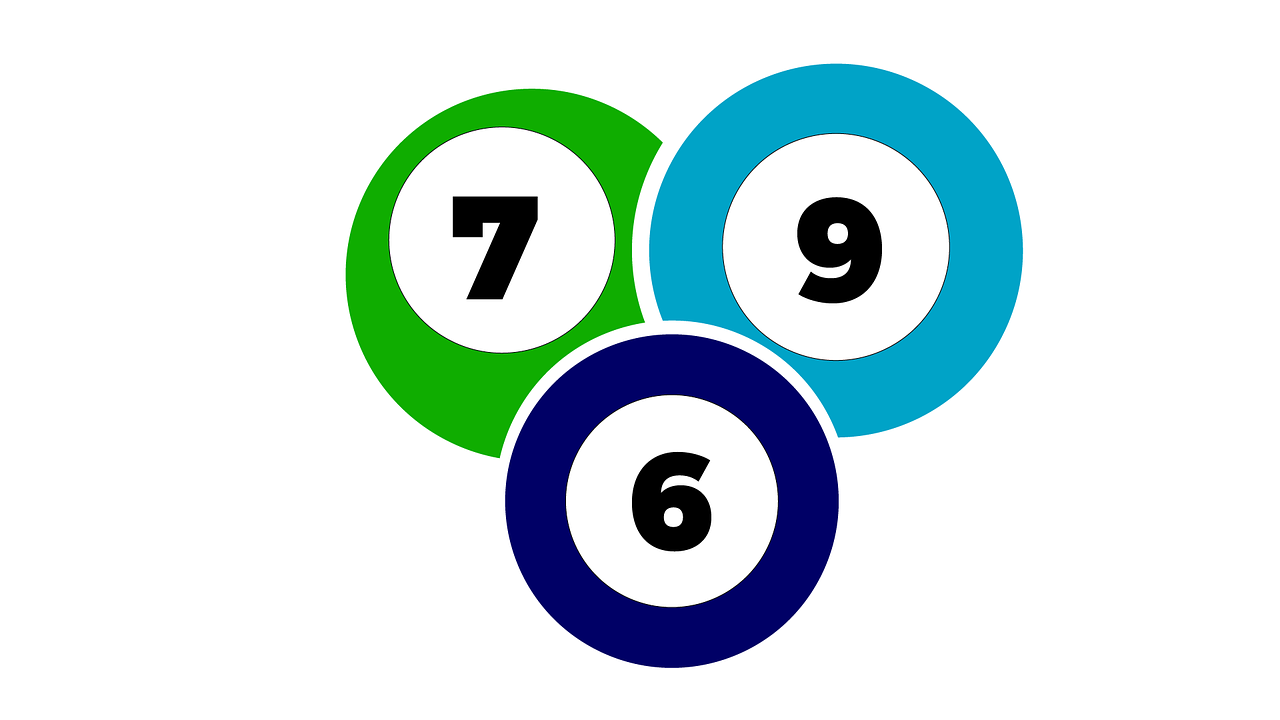In this blog post, we share with you some new updates regarding the employment-based numerical limits for immigrant visas in fiscal year 2022.
As a result of the global COVID-19 pandemic and the suspension of visa services at U.S. Consulates and Embassies worldwide, approximately 140,000 family-sponsored visa numbers went unused during fiscal year 2021.
This was due to the pent-up demand for in-person visa interviews that could not be accommodated. Fortunately, these visa numbers have trickled down to the employment-based categories, expanding the number of visa numbers available in fiscal year 2022 to nearly double the usual amount.
Sadly, fiscal year 2022 is nearly coming to a close. To provide the public with more transparency regarding the usage of employment-based visa numbers, the U.S. Citizenship, and Immigration Services (USCIS) has updated its frequently asked questions for employment-based adjustment of status. We breakdown the questions and answers down below.
How many employment-based visas did USCIS and DOS use in FY 2021? How many employment-based visas went unused in FY 2021?
A: The annual limit for employment-based visa use in FY 2021 was 262,288, nearly double the typical annual total. The Department of State (DOS) publishes the official figures for visa use in their Report of the Visa Office.
Overall, the two agencies combined to use 195,507 employment-based immigrant visas in FY 2021.
- DOS issued 19,779 employment-based immigrant visas, and USCIS used 175,728 employment-based immigrant visas through adjustment of status, more than 52% higher than the average before the pandemic.
- Despite our best efforts, 66,781 visas went unused at the end of FY 2021.
UPDATED: Can you estimate how many family-sponsored or employment-based immigrant visas USCIS and DOS will use during FY 2022?
A: DOS has determined that the FY 2022 employment-based annual limit is 281,507 – (slightly more than double the typical annual total) – due to unused family-based visa numbers from FY 2021 being allocated to the current fiscal year’s available employment-based visas.
- Through July 31, 2022, the two agencies have combined to use 210,593 employment-based immigrant visas (FY2022 data is preliminary and subject to change).
- USCIS alone approved more than 10,000 employment-based adjustment of status applications in the week ending August 14, 2022, and DOS continues its high rate of visa issuance, as well. USCIS states that it will maximize our use of all available visas by the end of the fiscal year and are well-positioned to use the remaining visas.
NEW: Will my case be processed faster if I file a second Form I-485?
A: Submitting a new adjustment of status application typically does not result in faster adjudication and may have the opposite effect by adding extra burden to the USCIS workload.
- USCIS is identifying and prioritizing all employment-based adjustment of status applications with available visas and approved underlying petitions, including those received prior to this fiscal year. This includes applications where noncitizens have submitted a transfer of underlying basis requests.
 Visa Lawyer Blog
Visa Lawyer Blog











